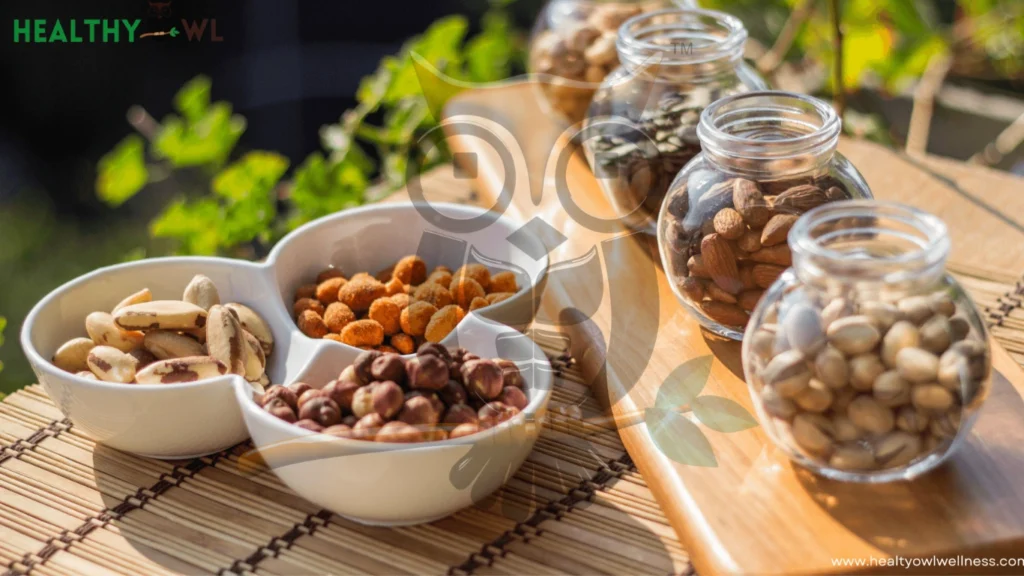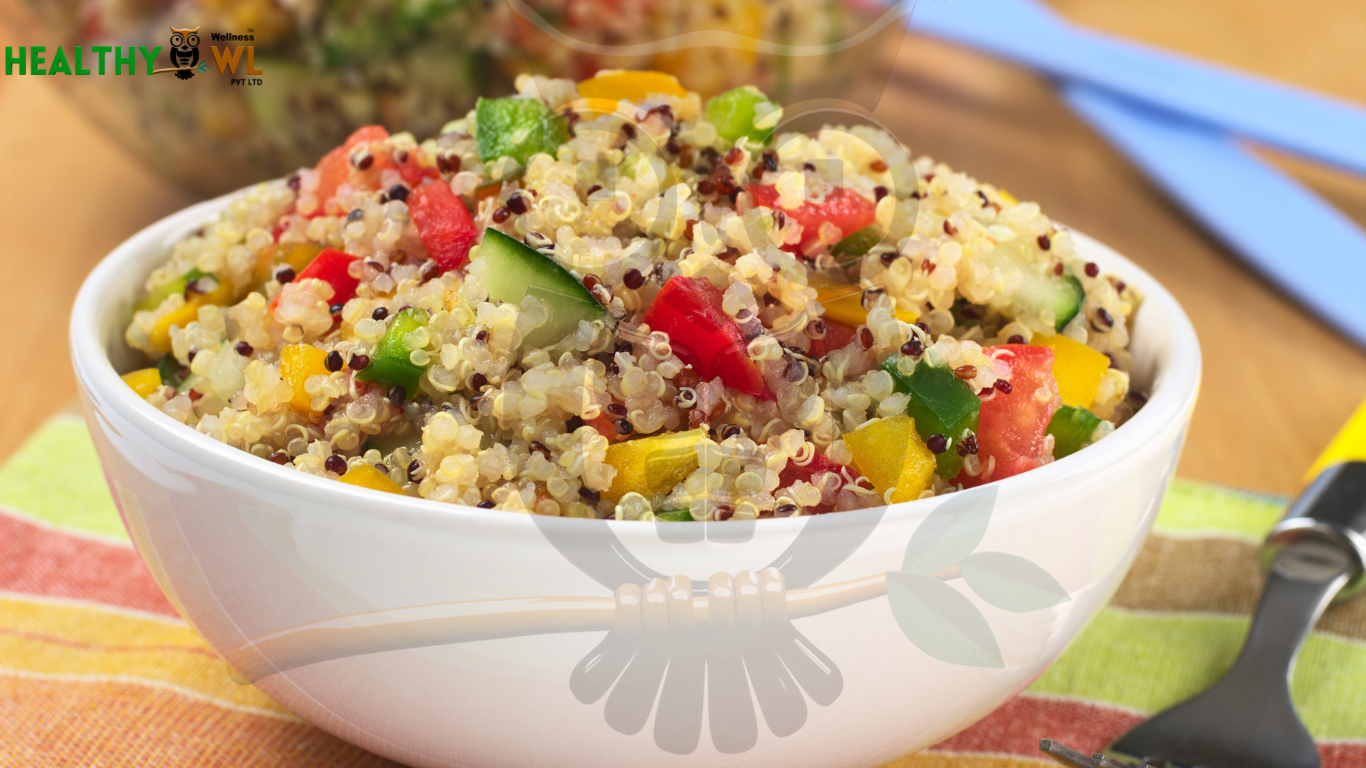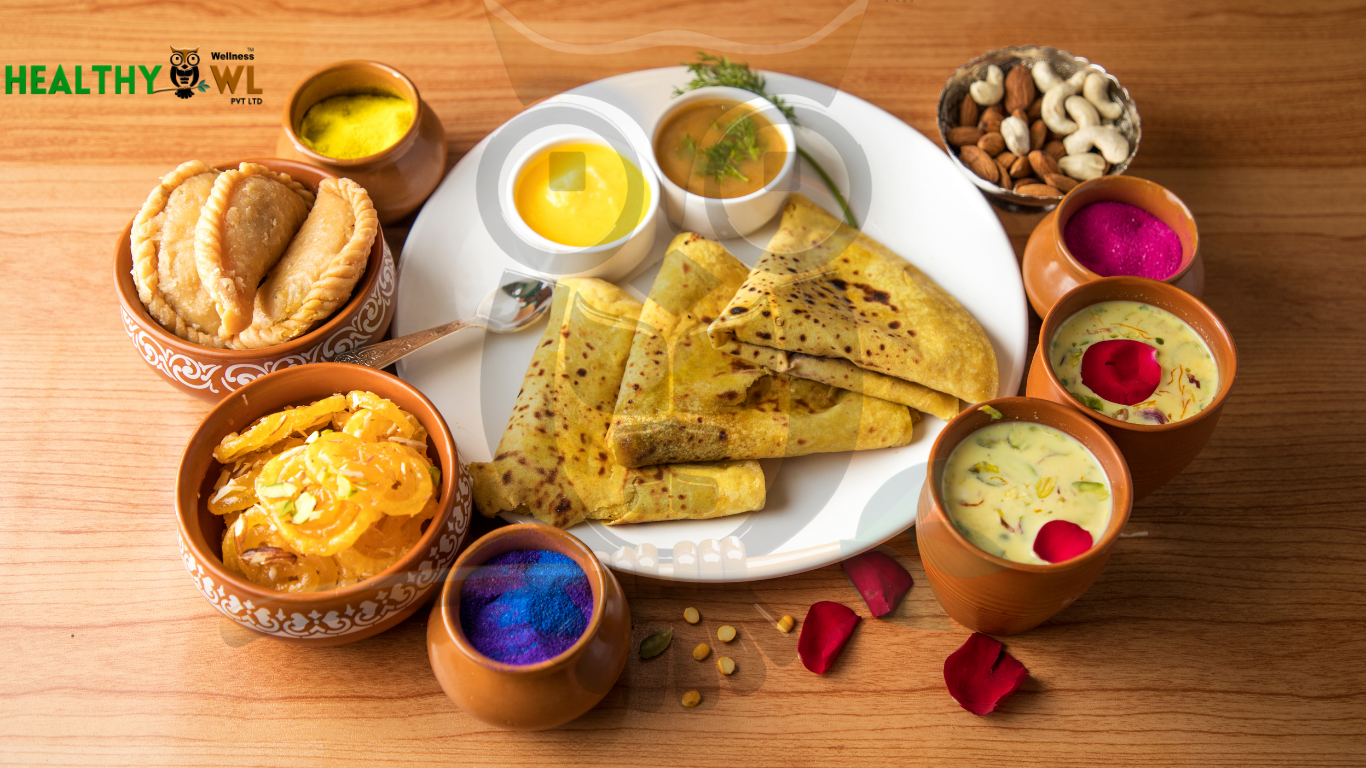Paryushana is a time for spiritual reflection, self-discipline, and fasting for the Jain community. However, fasting doesn’t have to mean sacrificing your health. It’s possible to maintain a balanced intake of protein and essential micronutrients during this sacred time while still honoring spiritual practices. The challenge lies in finding ways to fuel your body with the right nutrients while adhering to dietary restrictions. But don’t worry—this guide will help you make informed choices, ensuring that your body stays nourished and energized through thoughtful planning and mindful eating. Whether you’re fasting or following a restricted diet, let’s explore how you can achieve this balance.
1. Clarifying Dietary Restrictions
Root Vegetables: Most people from the Jain community avoid root vegetables like potatoes, carrots, and beets during Paryushana. This is to minimize harm to living organisms in the soil, in line with the principle of non-violence (ahimsa). These restrictions can limit the variety of foods typically consumed, but they also offer an opportunity to explore other nutrient-dense options that align with Jain values.
Additionally, most people from the community avoid soya, tofu, tempeh, dairy, and greens during Paryushana, making it necessary to find alternative sources of protein and essential micronutrients to maintain energy and nourishment.
2. Protein Sources During Fasting
During Paryushana, plant-based sources of protein become crucial to maintaining energy and strength. Here are some excellent options:
- Quinoa: This ancient grain is a complete protein, providing all essential amino acids. It’s easy to cook and can be used in salads, porridges, or paired with lentils for a hearty meal.
- Nuts and Seeds: Almonds, cashews, walnuts, chia seeds, and flaxseeds offer a compact source of protein along with essential fatty acids. A small handful of nuts or a sprinkle of seeds on your meal can significantly boost your intake.
- Protein-Rich Grains: Whole grains like buckwheat and amaranth provide a good amount of protein while also supplying essential amino acids, making them a complete protein source.
- Plant-Based Milk: For those avoiding dairy, fortified almond milk, cashew milk, or other plant-based milks can offer protein and important nutrients like calcium and Vitamin D.
- check out our Fasting Milk Recipe here
3. Essential Micronutrients and Where to Find Them
Maintaining adequate levels of vitamins and minerals can be tricky during Paryushana, but it’s not impossible. Let’s break down some of the key micronutrients and their sources:
- Iron: Iron is essential for maintaining energy levels. While green leafy vegetables are avoided, iron can be found in nuts, seeds, and quinoa. Pair these with Vitamin C-rich foods like amla (Indian gooseberry) to enhance absorption.
- Calcium: Apart from dairy, calcium can be found in sesame seeds, almonds, and fortified plant-based milks. Incorporating these into your meals will help maintain bone health.
- Vitamin D: Vitamin D is essential for calcium absorption and overall bone health. It can be challenging to obtain through food alone, especially during fasting. Consider fortified plant-based milks or a Vitamin D supplement if you’re fasting indoors and not getting enough sunlight.
- Vitamin B12: For those following a strict vegetarian diet, B12 might be harder to come by. Fortified plant-based milks or supplements can help bridge this gap. Regular intake of fermented foods also supports B12 production.
- Zinc: This essential mineral supports immune function. Pumpkin seeds, almonds, and cashews are all good plant-based sources of zinc. Adding these into salads or snacks will boost your intake.
For deeper insight into micronutrients, check out Harvard T.H. Chan School of Public Health’s guide on vitamins and minerals
4. Smart Eating Strategies
During Paryushana, many people observe intermittent fasting or consume fewer meals in a day. To make sure your body gets enough fuel, here are some strategies to follow:
- Prioritize Nutrient-Dense Foods: Opt for whole grains like quinoa, millet, and buckwheat, which are high in protein, fiber, and essential minerals. These grains will help keep you full and provide sustained energy throughout the day.
- Hydrate Wisely: Fasting can sometimes lead to dehydration. Keep a steady intake of water, coconut water, or herbal teas to stay hydrated and replenish electrolytes. You can also add a pinch of rock salt to water or sip on herbal teas with a dash of lemon to balance electrolyte levels.
- Natural Digestive Aids: If you experience digestive issues during fasting, natural aids like ginger or ajwain (carom seeds) can help. Sipping on warm water infused with these can ease discomfort and support digestion.
- Portion Control: When eating fewer meals, make sure your portions are nutrient-packed. Don’t skimp on the nuts, seeds, and grains that will give you the extra protein and fat your body needs.
- Mindful Eating: The practice of fasting is deeply rooted in mindfulness, so extend that mindfulness to your meals. Eat slowly, chew thoroughly, and savor each bite to aid in digestion and nutrient absorption.
5. Meal Planning
Planning meals becomes crucial when you have dietary restrictions. Here’s how you can structure your day to meet your nutritional needs:
- Breakfast: Start with a bowl of porridge made from amaranth or millet, topped with almonds, chia seeds, and a dollop of plant-based yogurt.
- Lunch: A bowl of sprouted mung beans or chickpea salad paired with lightly cooked grains and a handful of sesame seeds for added calcium and iron.
- Dinner: A comforting bowl of lightly spiced dal (lentil soup) paired with buckwheat or millet roti can offer a balance of protein and carbs, aiding digestion and keeping you nourished.
- Snacks: Keep roasted nuts and seeds on hand for quick snacks between meals. You can also have a small portion of plant-based yogurt with fruits like pomegranate or papaya for a nutrient boost.
Closing Note
Fasting during Paryushana is not just about physical discipline but also spiritual cleansing and reflection. By mindfully choosing nutrient-dense, plant-based foods, you can ensure your intake of protein and essential micronutrients remains adequate. With some careful planning, you can honor your spiritual practices and keep your body nourished at the same time. Nourishing your body mindfully allows you to honor your health while deepening your connection to the spiritual practices of Paryushana.
If you’re looking for personalized nutrition guidance during fasting periods, reach out to Healthy Owl Wellness for tailored advice that supports your spiritual and physical well-being.
Sources:
- Jain Fasting Traditions and Nutritional Needs
- Protein-Rich Vegetarian Foods for Fasting
- Importance of Micronutrients in Plant-Based Diets












